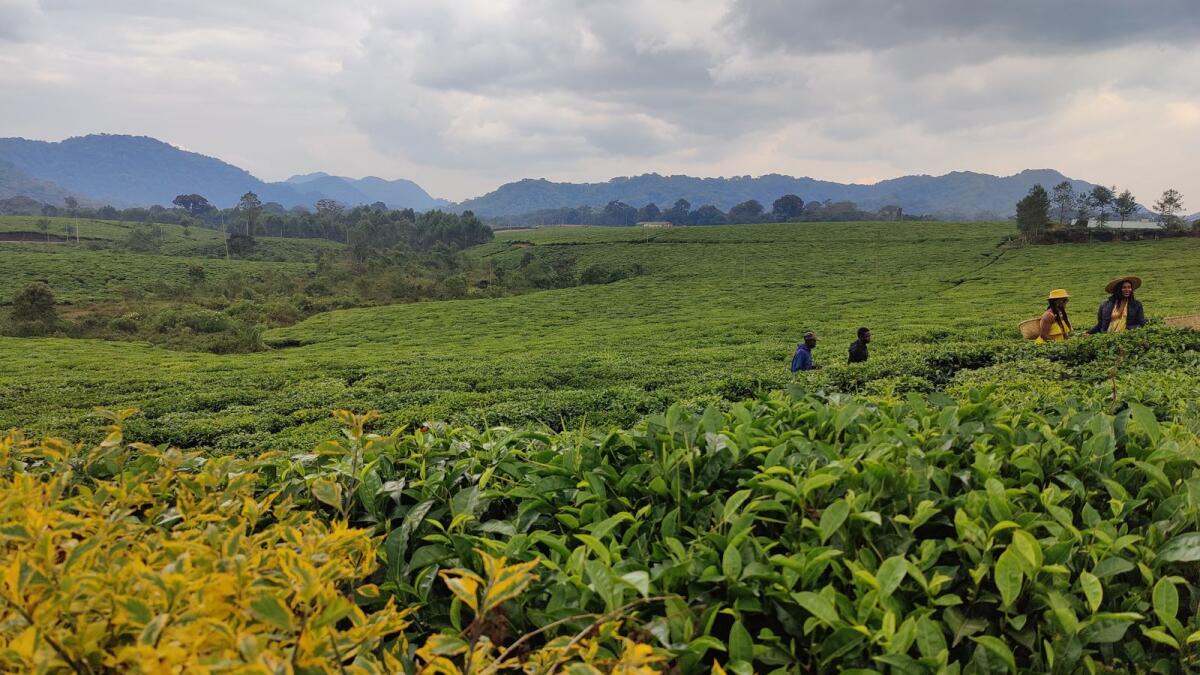Nyungwe National Park, located in southwest Rwanda near the border with Burundi, is a haven for nature enthusiasts seeking a unique experience in the wilderness. The park is known for its primal mountain rainforest habitat, covering an area of 1,000sqkm and housing over 1,000 plant species, including orchids, as well as more than 300 bird species and numerous butterfly species. It is also home to grasslands, swamps, and bamboo forests.
With its gurgling streams, waterfalls, and extensive trail system, Nyungwe offers a range of outdoor activities for visitors. The park’s catchment area plays a vital role in providing fresh water to the Nile and Congo rivers, as well as supplying the country with water. Surrounding the park are tea estates and plantations, which not only contribute to the region’s economy but also act as buffer zones to minimize human-wildlife conflict.
The park boasts 130km of trails, catering to both casual and experienced hikers. One popular trail is the Igishigishigi Trail, named after tree ferns, which offers an easy yet rewarding hike through a sun-dappled world of ancient trees and thickets. Along the way, visitors may encounter a variety of primate species, such as chimpanzees, as well as other wildlife such as clawless otters and bush babies.
A highlight of the park is the Canopy Walkway, a thrilling suspended bridge that spans 74m above a ravine, allowing visitors to admire the rainforest canopy from a unique vantage point. While the narrow bridge may be daunting for some, it offers unparalleled views of the lush greenery and wildlife, including golden monkeys and colorful birds. Guides ensure the safety of visitors, reassuring them that the bridge can withstand the weight of multiple cars or elephants.
In addition to its natural wonders, Nyungwe National Park embraces community involvement through various initiatives. Local residents are trained as guides, providing them with opportunities to benefit from tourism. Furthermore, 10% of the park’s revenue is invested in community projects, including schools and educational institutions. Visitors can also participate in activities such as beekeeping and tea picking, gaining insight into the local culture and supporting the livelihoods of the community.
As the sun sets on an unforgettable experience in Nyungwe, visitors can reflect on their time spent exploring misty treetops, traversing a breathtaking bridge, and immersing themselves in the vibrant ecosystem of Rwanda’s lush rainforest.

I have over 10 years of experience in the cryptocurrency industry and I have been on the list of the top authors on LinkedIn for the past 5 years. I have a wealth of knowledge to share with my readers, and my goal is to help them navigate the ever-changing world of cryptocurrencies.

